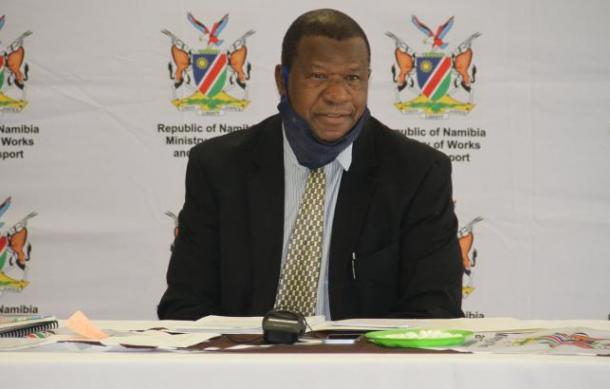
The Deputy Prime Minister John Mutorwa has advocated for the extension of the state of emergency as the country faces yet another severe drought, significantly impacting food security and water resources.
The state of emergency was declared by President Nangolo Mbumba early this year, following a comprehensive crop assessment revealing the severity of the drought.
According to the Namibia Meteorological Services, most regions received substantial rainfall only in January 2024, which was followed by a severe dry spell in February.
This has resulted in poor agricultural yields.
"As a country, we witnessed below-average rainfall during the 2023-2024 rainy season. This has caused devastating effects for the population, which is primarily dependent on rain-fed agriculture. As you may be aware, this El Niño-induced drought is also being felt in other Southern African countries. The Ministry of Agriculture, Water and Land Reform March Report predicts a sharp decline in crop production, with all crop-growing regions expected to yield less than the previous harvest."
In response to these challenges, Mutorwa outlined several government interventions aimed at mitigating the drought's impact.
"Continued provision of food assistance to vulnerable populations from July 1, 2024, to June 30, 2025. Distribution of early maturing and drought-tolerant seed varieties, along with fertilizers, at subsidized rates beginning May 1, 2024, including marketing incentives, grazing lease subsidies, transportation subsidies, and water provision for livestock and ensuring continued access to water in drought-stricken areas through collaboration between the Office of the Prime Minister and the Ministry of Agriculture."
Despite these efforts, Mutorwa stressed the urgent need for additional resources to adequately support affected households, highlighting the allocation of 825 million from the National Emergency Disaster Fund towards these initiatives.
He called for support from all Namibians and international partners to address the crisis.
The government requires one-coma-three billion dollars to implement the drought relief programme for the next 12 months.





